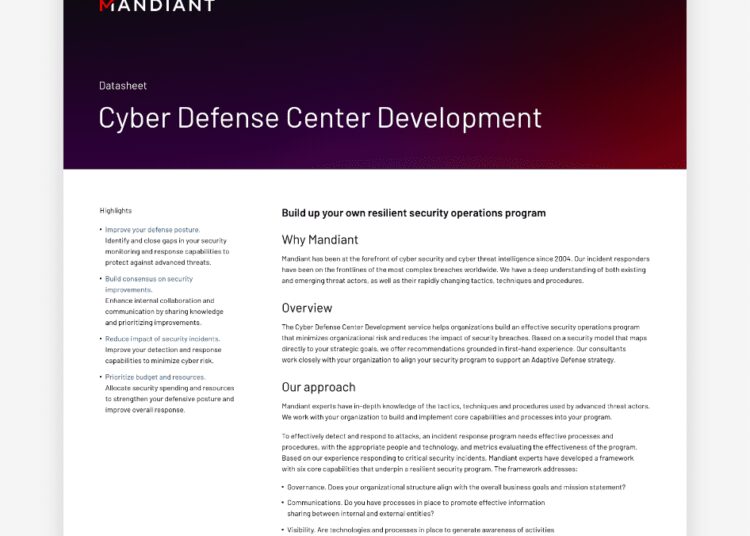Defense policy is crucial for a nation’s security, involving the formulation and implementation of strategies to protect against external threats like military aggression and terrorism. Prioritizing threats is a challenge, requiring a comprehensive assessment to allocate resources effectively. Military aggression from states like Russia and China and terrorism from groups like ISIS are major concerns. Defense policy includes investments in intelligence, border security, and modernization of military capabilities. Strategic partnerships with allies are also important for collective security. By prioritizing threats and allocating resources wisely, countries can enhance their defense and ensure the safety of their citizens in an ever-changing security environment.
Defense Policy and National Security: Prioritizing Threats and Resources
The Importance of Defense Policy
Defense policy is a crucial component of a country’s national security strategy. It involves the formulation and implementation of policies to protect a nation from external threats, including military aggression, terrorism, and other forms of violence. A well-crafted defense policy ensures that a country has the capability to deter potential adversaries and defend its interests in the face of emerging threats.
Prioritizing Threats
One of the key challenges facing defense policymakers is prioritizing threats. Not all threats are equal, and resources are finite. Therefore, it is essential to identify and prioritize the most significant threats to national security. This can be done through a comprehensive threat assessment that takes into account the capabilities and intentions of potential adversaries, as well as other factors such as economic and political stability.
Military Aggression
Military aggression from hostile states is a significant threat to national security. In recent years, countries such as Russia and China have demonstrated an increasing willingness to use military force to achieve their strategic objectives. As a result, defense policymakers must ensure that their countries have the capability to deter and defend against potential acts of aggression.
Terrorism
Terrorism remains a persistent threat to national security. Terrorist organizations such as ISIS and Al-Qaeda continue to pose a danger to countries around the world. Defense policy must address this threat by investing in intelligence capabilities, border security measures, and counter-terrorism operations.
Allocating Resources
Once threats have been identified and prioritized, defense policymakers must allocate resources accordingly. This involves making difficult decisions about how to best use limited resources to address the most pressing threats. Resources may include military personnel, equipment, technology, and funding.
Military Modernization
One way to allocate resources effectively is through military modernization. This involves investing in new and advanced capabilities that enhance a country’s ability to deter and defend against emerging threats. Examples of modernization efforts include the development of next-generation weapons systems, cyber defenses, and space-based capabilities.
Strategic Partnerships
Another way to allocate resources is through strategic partnerships with other countries. By working with allies and partners, countries can pool resources and share intelligence to address common security challenges. This can help to enhance collective security and promote stability in regions of strategic importance.
Conclusion
Defense policy and national security are complex and evolving fields that require careful consideration and planning. By prioritizing threats and allocating resources effectively, countries can enhance their ability to deter and defend against potential adversaries. It is essential for defense policymakers to stay vigilant and adapt to the changing security environment to ensure the safety and security of their citizens.













